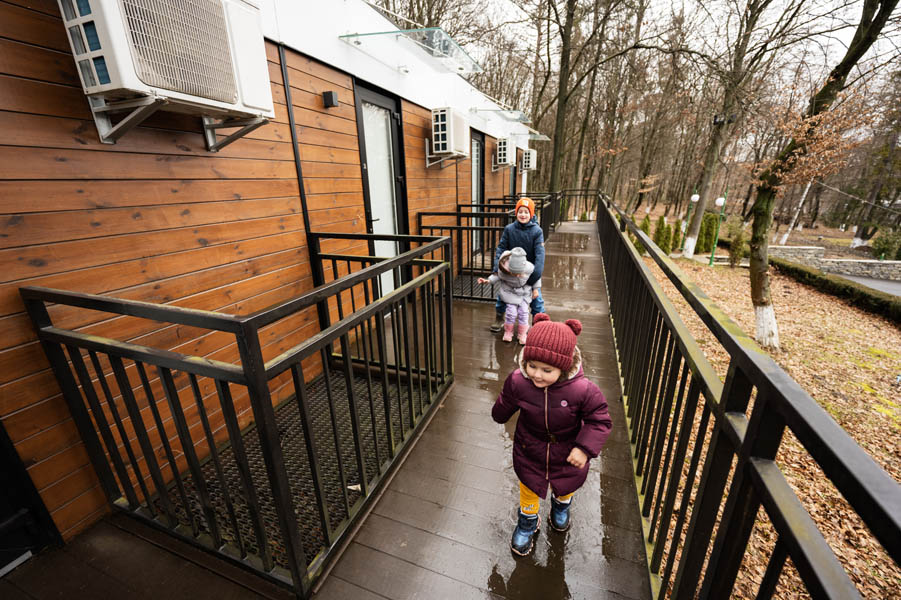
The way we think about homebuilding is changing—and fast. In a world that’s constantly evolving, people are looking for faster, smarter, and more sustainable ways to build their dream homes. Enter modular homes. With their innovative approach, modular homes are no longer just an alternative option—they’re a blueprint for the future of housing.
A Shift in How We Build Homes
Traditionally, building a home was a long, drawn-out process, often filled with delays, unexpected costs, and uncertainty. Modular homes are flipping that narrative on its head. Constructed in factories and then assembled on-site, modular homes offer efficiency and speed without compromising on quality.
Modular Homes – A Sustainable Solution
Sustainability is no longer just a buzzword; it’s a necessity. With environmental concerns at an all-time high, modular homes are stepping up to offer an eco-conscious alternative to traditional housing.
- Many modular homes come equipped with energy-efficient features, from solar panels to high-performance insulation, that reduce overall energy consumption.
- Modular homes often use sustainable and recyclable materials, helping to reduce the environmental footprint of homebuilding.
- By minimizing transportation emissions and construction waste, modular homes offer a smaller carbon footprint than traditional homebuilding methods.
The Rise of Customization and Flexibility
Homebuyers are no longer looking for just any home—they want a home that fits their needs and lifestyle perfectly. Modular homes are meeting this demand with unprecedented flexibility and customization options.
Whether you prefer a modern aesthetic or a more traditional style, modular homes can be fully customized to reflect your personal taste and needs.
Modular homes can be expanded or reconfigured as your family grows or your needs change, giving you more long-term value.
Technology and Innovation
As technology continues to advance, so does the world of modular homes. These homes are increasingly being integrated with smart technologies that improve not only comfort but also functionality.
- Smart Home Integration:
Many modular homes come with built-in smart home features, such as lighting, heating, and security systems that can be controlled remotely.
- 3D Printing:
In some cases, modular homes are now being designed and built with 3D printing, offering even more precision and customization.
- AI and Automation:
Artificial intelligence is starting to play a role in optimizing the design and construction of modular homes, making the process more efficient and personalized.
Affordability Without Compromise
Modular homes are also playing a significant role in making homeownership more affordable. With their faster construction times, reduced labor costs, and energy-efficient features, modular homes offer a more cost-effective solution for today’s homebuyers.
- Because modular homes are manufactured off-site, labor costs and construction delays are minimized, keeping the overall price down.
- The durability and efficiency of modular homes lead to lower long-term maintenance and utility costs.
- Modular homes hold their value well and offer a great return on investment, especially when compared to traditional homes.
Conclusion
Sustainability and customization matter more than ever, modular homes are clearly leading the way. As we move toward a future that values innovation, efficiency, and eco-consciousness, modular homes are positioned to be at the forefront of the homebuilding industry.